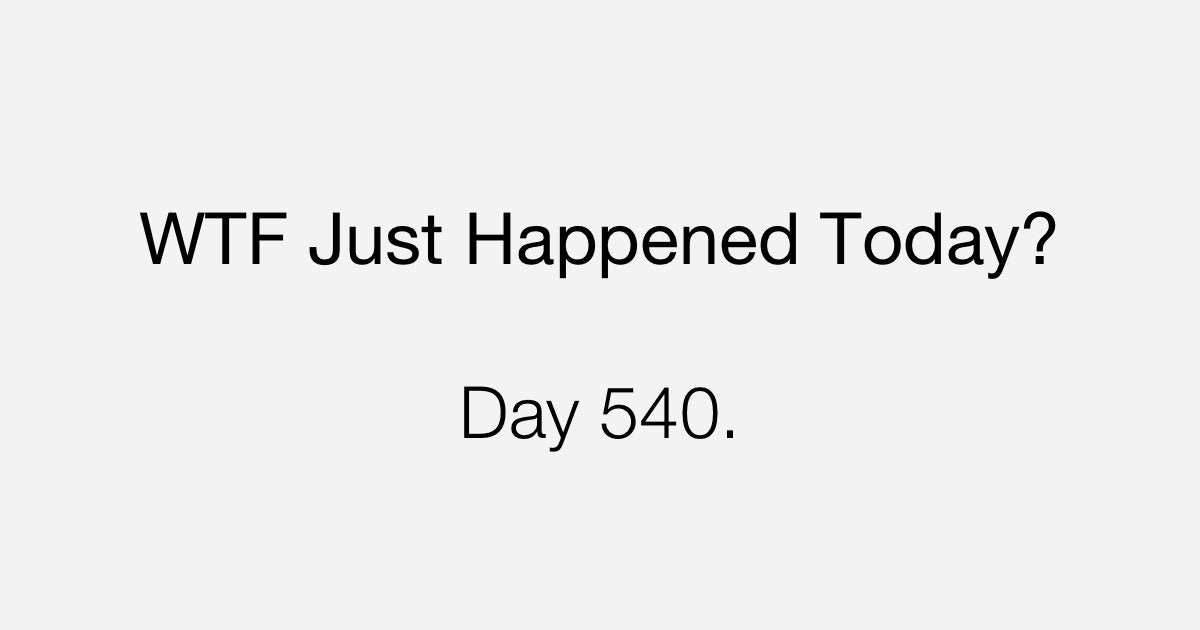
TL;DR: Raising interest rates won't help stop this kind of inflation; the goal is to take power away from workers, especially unionizing efforts.
From today's WTFJHD (item 1):
Inflation climbed to 9.1% in June compared with a year earlier – the biggest 12-month increase in 40 years. On a monthly basis, the consumer price index jumped 1.3% from May to June, after prices had jumped 1% from April to May. While average wages in June were 5.1% higher than a year ago, energy prices rose by 41.6%, groceries were up 12.2%, and shelter costs were up 5.6% over the year. Further, average inflation-adjusted incomes fell 1% for the month and were down 3.6% from June 2021 to June 2022. The Federal Reserve’s beige book, a summary of the commentary on current economic conditions, reported that businesses “noted concerns over an increased risk of a recession” and that discretionary spending is showing signs of slowing due to higher gasoline and food prices. The Federal Reserve raised interest rates by 0.75 percentage points last month – the largest increase since 1994. Accelerated inflation, however, may require the Fed to consider a historic one percentage point rate hike later this month to slow the economy and restrain inflation. “Everything is in play,” Federal Reserve Bank of Atlanta President Raphael Bostic said.
This is all just knock-on effects from the price of oil going up thanks to the (mostly appropriate) sanctions on Russia. It's supply-side inflation (aka cost-push), not demand-side inflation; costs to produce things are going up but the pool of money to buy those things is not. Raising interest rates won't bring prices back down until we're in a recession with high unemployment. And with the CPI being (mostly) cost-of-living stuff, those prices drop when people start being unable to afford to live.
How is raising interest rates going to help the situation? It isn't. Central banks typically don't respond to cost-push inflation by raising interest rates because it only makes things worse. But the messaging that simplifies the equation to “inflation bad, raise interest rates” provides cover for the Fed to increase unemployment, force the working class back into austerity to take away the little power they have before this plague of unionization forces in real reforms.
